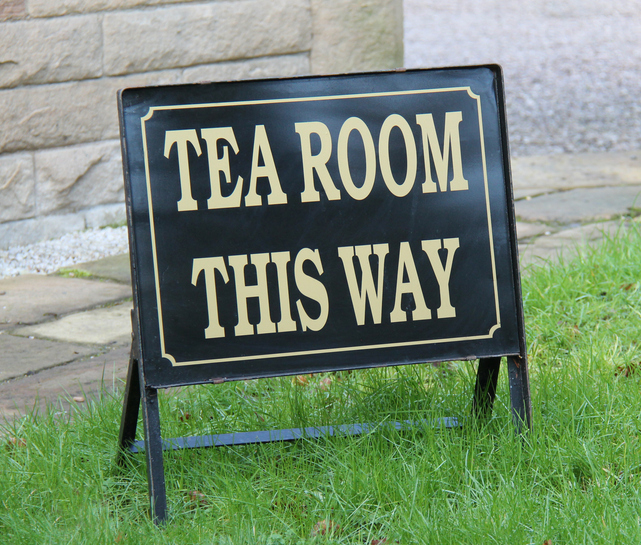The recent case of Mills v Estate of Partridge and another [2020] shows the importance of considering any limitations on easements when a business plans to expand and diversify. A plant nursery which diversified to include a tearoom, amongst other activities, was found to have exceeded the scope of a right of way it benefitted from over a track for “agricultural use only” and had also breached a restrictive covenant that restricted use to agricultural land.
The case and decision
The Defendant in Mills v Estate of Partridge and another [2020] had a right of way via a track to their nursery and a field opposite, which were originally used respectively for growing bedding plants from seed and for growing vegetables. The right stipulated that it was in connection with the use of the land as agricultural land only. Additionally, the field was subject to a covenant (which the Claimant had the benefit of) that restricted the use to agricultural land.
The Defendant’s business had diversified over the 40 years that they owned the 2 areas of land, and in particular included a tearoom and shop. The field was mainly being used for parking by both staff and visitors and also for storing items such as wood for sale.
In essence, the High Court considered the meaning of “agricultural use” and whilst it accepted that as agriculture develops, the meaning of easements relating to agricultural use may also develop, they clarified that this should not be mixed up with diversification into non-agricultural uses. Activities that had a different character or purpose other than agriculture as the primary activity would not be included as within agricultural use. The court found that the tearoom was not ancillary to the nursery and took into account that the tearoom made up over half of the nursery’s total turnover and was run as a separate business through a separate company. It was therefore run in parallel with the nursery. The other activities, such as the shop, were more muddled – for example the sale of peat and compost would be considered agricultural as it is normal for nurseries to sell peat and compost to customers but items that ventured outside of the agricultural sphere such as garden ornaments would be more akin to what one would find in a garden centre and retail activity could not be considered within agricultural use.
The High Court found that the diversification of the business meant that the easement was being used excessively – meaning the easement was being used in excess of the original extent and purpose when granted. Further, the restrictive covenant in respect of the field had been breached by the use for parking and for the sale of non-agricultural stock. The Claimant was entitled to relief on both counts (which will be determined at a later date).
Food for thought
When planning to expand and diversify your business, it is important to first carefully consider any restrictions affecting the use of your property and/or any easements that your property benefits from and the limitations of these. Despite the High Court noting that the meaning of uses may develop over time, it must be contemplated as to whether diversifying into other activities will be ancillary to the primary (permitted) use or if they will stray into other uses. It is therefore not just essential when purchasing a property to consider easements and restrictions, but also to re-examine these when making future plans for your use of your property.

